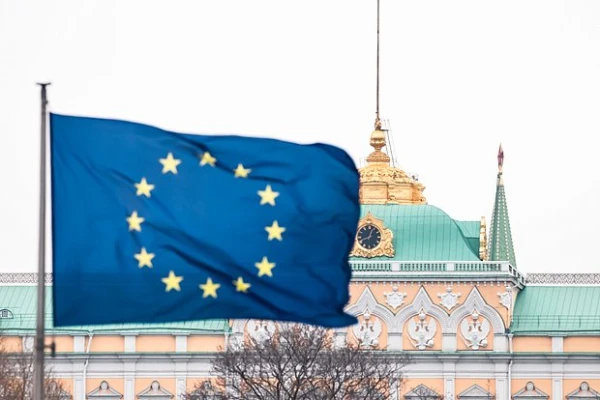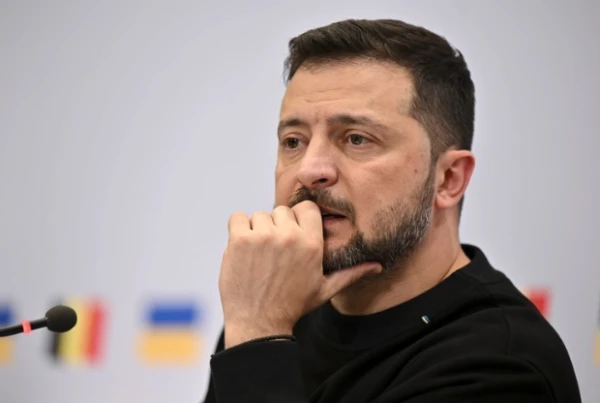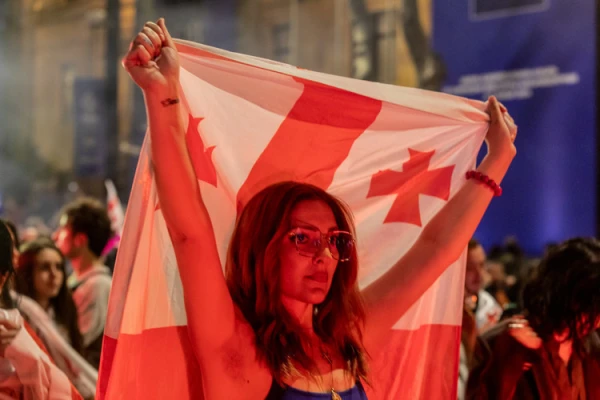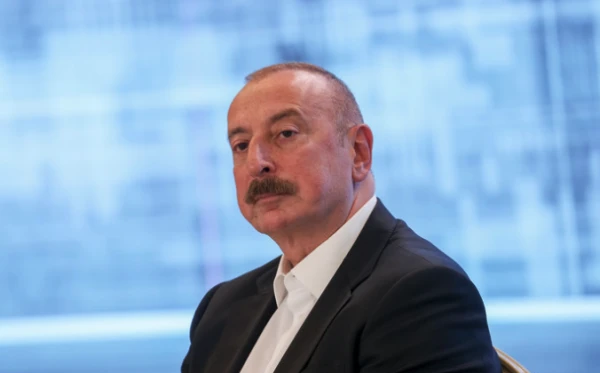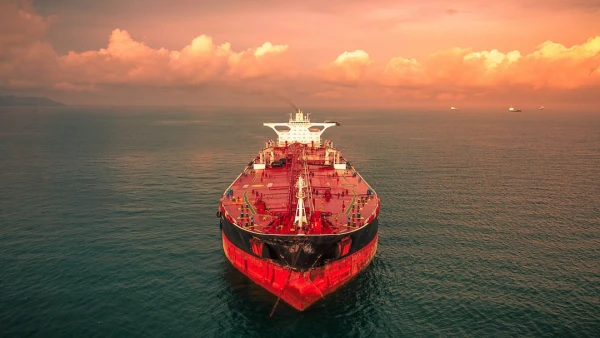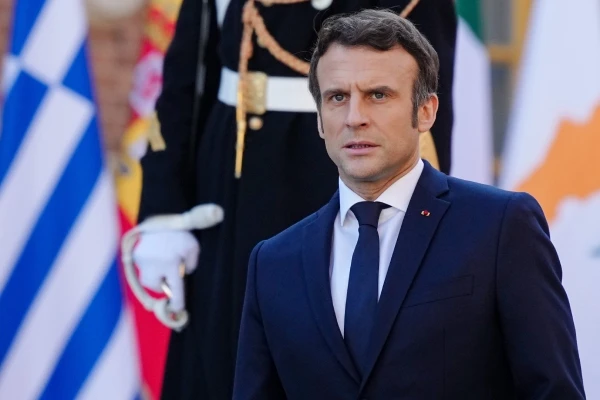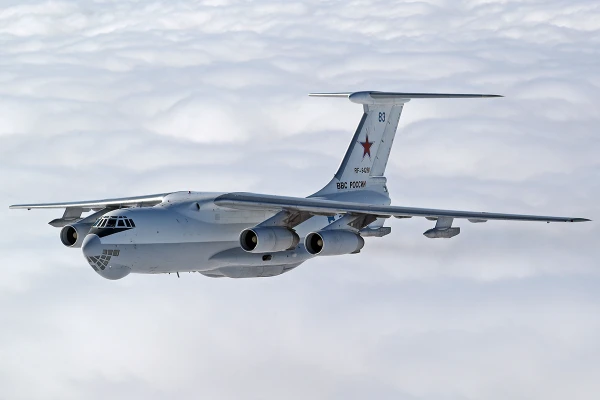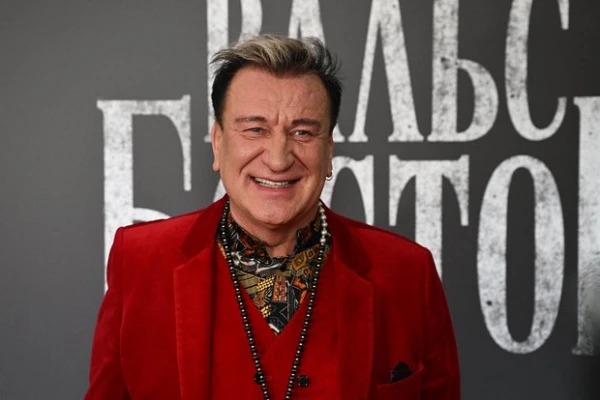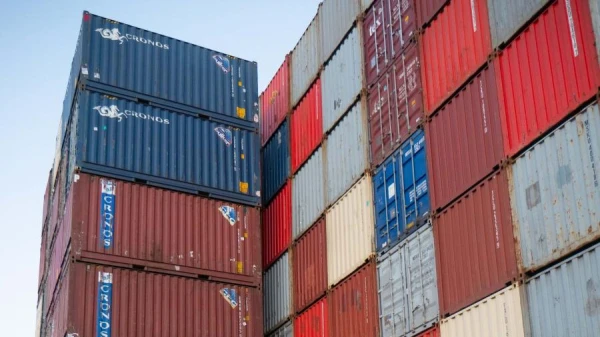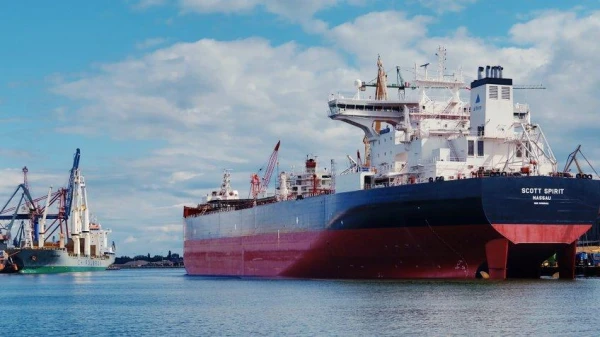
He writes that European consumers continue to buy Russian energy resources, which are transported through Ukraine, and sponsor Putin.
Europe still hesitates to impose serious sanctions against Russian oil. The situation with the seizure of the Russian shadow fleet tanker Boracay by French special forces resembled a theater, as after the loud detention, the tanker continued its journey and this did not lead to a restriction on oil sales. This was noted by columnist Owen Matthews in his column for the British weekly The Spectator.
He added that French President Emmanuel Macron could not confirm the existence of evidence that this vessel was involved in drone attacks on Europe and the launch of UAVs that were spotted in Denmark. According to him, this is a step towards a policy of preventing suspicious vessels involved in the trade of Russian oil from being in the country's territorial waters. Macron stated that the goal was to "increase pressure on Russia to convince it to return to the negotiating table" regarding Ukraine.
The columnist added that the loud international incident would only result in a two-day delay of a shipment of 100,000 tons of Russian crude oil from the Baltic port of Primorsk to India, where it is to be unloaded at the port of Vadinar in Gujarat and sent to the refinery of the Indian company Nayara Energy. He writes that the world cannot prohibit Russians from using a shadow fleet - these tankers operate at sea quite legally, but due to their age and technical condition, they are uninsured and cannot enter most European and American ports.
"Europe can do little to stop this movement, and moreover, it itself is the main consumer of Russian oil, petroleum products, and gas. The largest private oil company in Russia, Lukoil, still operates refineries in the Netherlands, Romania, and Bulgaria, which fully comply with sanction requirements," the author writes.
He reminded that buying and selling Russian oil is not prohibited. However, there is a price cap. Although in practice, it turned out that Russia easily bypasses the established restrictions. He writes that one of the methods is the so-called "certification fraud," where official documents declare a low price for a batch, but hidden additional costs, such as processing and transportation, are added to compensate for the difference. Another method is the creation of subsidiary intermediary companies by Russian oil giants, which buy oil cheaply and resell it at market prices.
"When it comes to stopping the export of Russian oil, we see many symbolic statements and almost no real actions. This is because Europe remains the main consumer of Russian oil and gas due to its commitments to zero emissions and the fight against nuclear energy. It is not only the pro-Russian Hungary and Slovakia that are to blame, as Brussels pretends. A large amount of Russian gas supplied through pipelines still flows through Ukraine and Turkey, and imports of Russian liquefied natural gas to Europe actually increased by 25 percent last year. Additionally, Europe imports millions of tons of diesel and gasoline derived from Russian crude oil in India," he writes, adding that "European energy consumers remain among the largest sponsors of Putin's war machine."
More on EU Attempts to Reduce Consumption of Russian Oil and Gas
It should be noted that EU jurisprudence hinders the long-term detention of tankers that transport Russian oil under foreign flags. Expert Andrey Klimenko explained that if the captain of the vessel ignores the court, the tanker will be released. This is exactly what happened with the Boracay vessel, which was stopped by French special forces. Moreover, even if the number of detained vessels increases, they will need to be quickly released without court decisions.
Meanwhile, the European Parliament is considering the possibility of accelerating the phase-out of imports of Russian oil and gas. The import of oil and petroleum products from the Russian Federation could be halted as early as the beginning of 2026, while a ban on the supply of Russian gas could be introduced from 2027.
